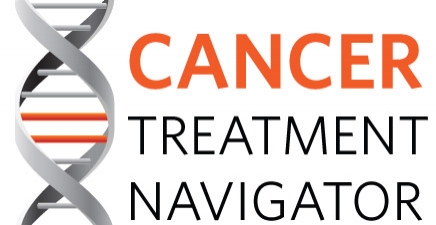Cancer Clinical Trials Are Overly Exclusionary: Is Change On The Horizon?
Clinical Trial treatments are often the only hope for some cancer patients with advanced disease or complexities such as two types of cancer. However, strict guidelines for entering a clinical trial defined as “eligibility criteria”, exclude several patients desperately trying to enroll and access drugs that could lead to disease reduction and prolong life. A Washington Post article brings this issue to life by relating the stories of two such patients. Carly Bastiansen with pancreatic cancer, and Allen Lee with lung cancer. They have been rejected from several clinical trials on account of at least one of five eligibility criteria that need revamping; minimum age requirements for trial enrollment, HIV/AIDS status, brain metastases, organ dysfunction and a history of cancer or two concurrent cancer diagnoses.
The American society of clinical Oncology (ASCO) and the advocacy group Friends of Cancer Research issued recommendations published in November 2017, for broadening the above five eligibility criteria — minimum age requirements for trial enrollment, HIV/AIDS status, brain metastases, organ dysfunction and a history of cancer or two concurrent cancer diagnoses — that they identified as being most likely to restrict a patient's participation in a trial but least likely to affect their safety. Under those recommendations, the criteria that banned Bastiansen and Lee should be revisited.
Cancer Treatment Navigator (CTN) frequently helps Cancer patients navigate the complexities of clinical trial identification and enrollment. We also assist in gaining access to promising new cancer treatments outside of regular clinical trials. This is especially important when patients face a dead end because of overly stringent clinical trial enrollment processes. A re-examination of eligibility criteria is greatly welcomed as a positive step toward helping cancer patients with high unmet needs.
Photo Courtesy: Ingalls Cancer Care, Cancer Clinical Trials

